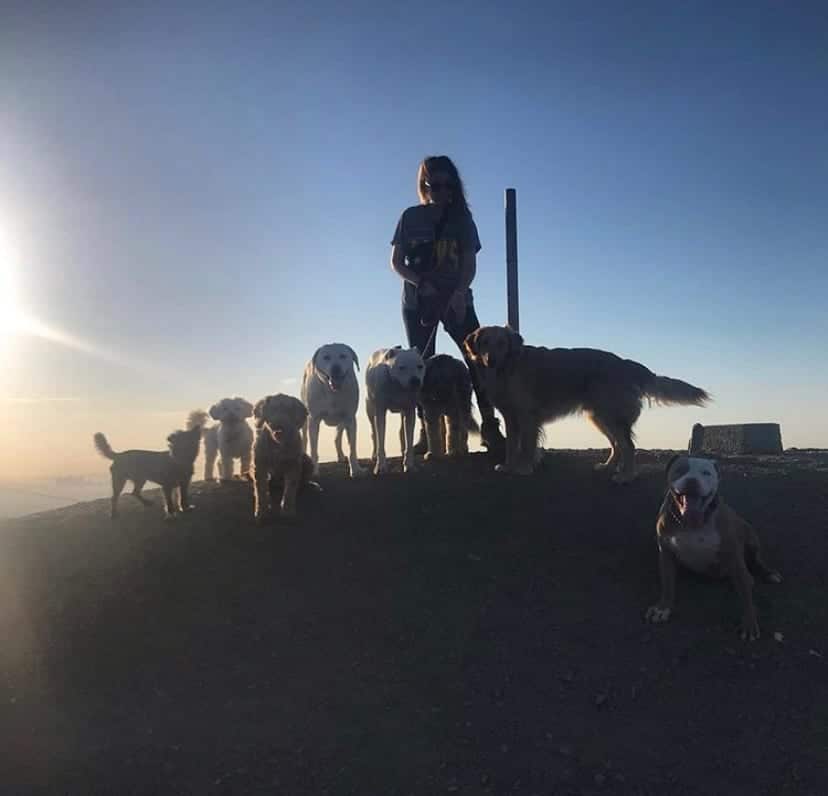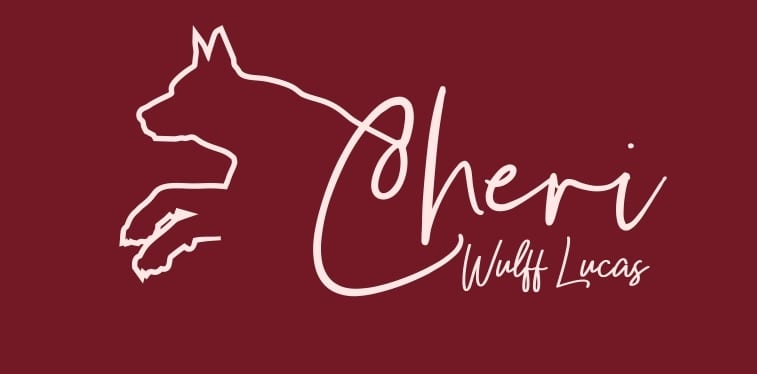
When we adopt a dog and bring him into our home, we are basically playing God in his life. In essence, we are saying, “I’m the person you are to love, obey and trust for the rest of your life. I hope that works for you!” Fortunately for us, dogs have embraced the “love the one you’re with” philosophy 100 percent. If it weren’t for a dog’s natural resilience and tendency to go with the flow, it would be virtually impossible to re-home a dog successfully. Dogs live in the moment!
As adaptive as dogs may be, they are individuals, and each one comes with a unique personality and temperament. Like us, some dogs are very social while others may be shy. While dogs are generally happy to adjust to our lifestyle and environment, it’s important for us to accept and honor them for who they are as well.
When I give private consultations to my clients, they often tell me they want their dogs to “make friends” with other dogs at the dog park or on walks. They assume their dog should want to interact with another dog, just because he’s a dog. They determine that behavior to mean the dog is “socialized.” Yet everyday, it is socially acceptable and even expected for us as humans to pass by multitudes of other humans that we virtually ignore.
When you go to the grocery store, do you feel compelled to meet, greet or even make eye contact with other shoppers? Of course not. Then why do we insist our canine companions “get to know” other dogs every time they encounter one?
Being able to just co-exist in a social setting with other dogs should be as acceptable and natural for them, as it is for us. The same is true of going to a party. Some people are the so- called “life of the party” and mingle with everyone. Others stay close to the people they know. Some may meet new people and still stay close to those they know well. The person who doesn’t mingle may be less “social” as a partygoer, but it doesn’t make them any less “social” as a human being. They still socialize with their friends. Think of your dog this way too. If he can just “be” with other dogs, consider him a socialized dog and don’t pressure him to play with others. If he wants to, he will. But if he is content to sit and have other dogs around without growling or barking, this is good behavior.
I was shy as a teenager. Although I never missed a school function or dance, I wasn’t the type to initiate conversation or be the first one on the dance floor. Had I felt pressured to do so, I might not have grown out of my shyness and eventually developed better social skills. Let your dog find his own way socially. Rather than insisting your dog meet another dog face- to-face, try walking him alongside another dog first. When both dogs have settled into a balanced mode, they should be allowed to sniff each other. This is the canine version of “breaking the ice.” This method is natural and non- confrontational.
When you learn to celebrate your dog for who he is, both you and your best friend can achieve more balance and create an even deeper bond!
